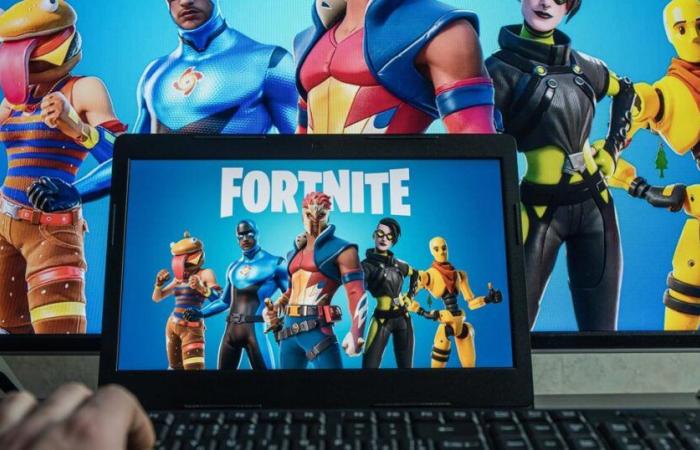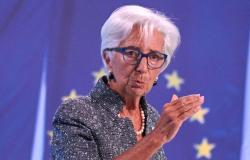Alongside around twenty European consumer protection organisations, the association has filed a complaint with the European Commission against the publishers of the games Fortnite, Minecraft, Roblox and Clash of Clans.
«Consumers shouldn’t have to guess how much they’re spending on a video game” This Thursday, September 12, the consumer protection association UFC-Que choisir announced that it was filing a complaint against 7 video game publishers with the European Commission and the Fraud Control Agency (DGCCRF). It accuses Epic Games (Fortnite), Mojang Studios (Minecraft), Activision Blizzard (Diablo IV), Electronic Arts (EA Sport FC 24), Roblox Corporation (Roblox), Supercell (Clash of Clans) and Ubisoft (Tom Clancy’s Rainbow Six Siege) to deceive their players through their virtual currencies.
In the form of coins or points, these are sold online and allow you to obtain objects such as weapons or powers to improve your character, and to unlock customization options. According to the association, 42% of the most played games on PC use them, while this rate climbs to 81% for the most popular games on smartphones.
The French federation has joined forces with 22 member organisations from 17 countries to alert the European Union body. This complaint denounces the “unfair practices” of these publishers who would push players, especially very young ones, to “spend more“According to a study by the organization, children spend nearly 40 euros per month on purchases related to video games.
A legal and political request
The video game sector has long been monitored by consumer protection associations. But the development of this report on virtual currencies took several months to target only a few specific players. “This sample is representative of the video game market. It includes free games, mainstream games, others aimed at a very gamer audience, PC games but also smartphone games.” defends Frithjof Michaelsen, UFC’s digital officer. The association has therefore deliberately excluded other industry heavyweights such as Riot Games (League of Legends) ou King (Candy Crush).
This complaint comes late, however. Virtual currencies in video games have existed for more than 10 years, but European associations now want to “change the law” so that the price of these digital objects is displayed in euros, as can be the case for the game Counter-Strikedeveloped by Valve studio.
Also read“The wave is coming to France and it’s going to cause damage”: after years of euphoria, the video game industry is in turmoil
Specific context in Brussels
The consumer protection association points out in particular the impossibility for players to calculate precisely how much their expenditure has really cost. These virtual coins are often offered in packs, and the exchange rate varies depending on their number. For example, to buy the virtual object “Hero Shell” in the game Fornite, you have to pay 400 “V-Bucks”. But it is impossible to buy this precise amount. You must therefore choose the pack of 1000 “V-Bucks”, which costs 8.99 euros. UFC-Que choisir estimates the real additional cost for this purchase at 150%. If the remaining amount of virtual currency is not lost, it will often be insufficient to obtain a new object, and the user will therefore have to pay again.A vicious circle” breathes the association.
More broadly, this complaint is part of a specific context: the European Commission is currently assessing the relevance of the regulation to protect European consumers. A new bill on their protection in the digital space could see the light of day in Brussels by 2025. For UFC-Que choisir, the timing is perfect for “send a clear signal to all publishers and adopt a common position, establishing that these virtual currencies are indeed deceptive practices» supported by Frithjof Michaelsen.






